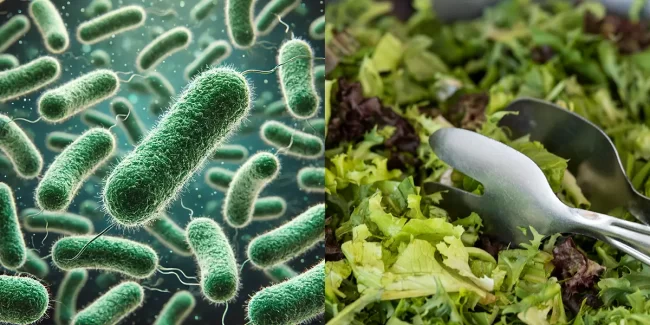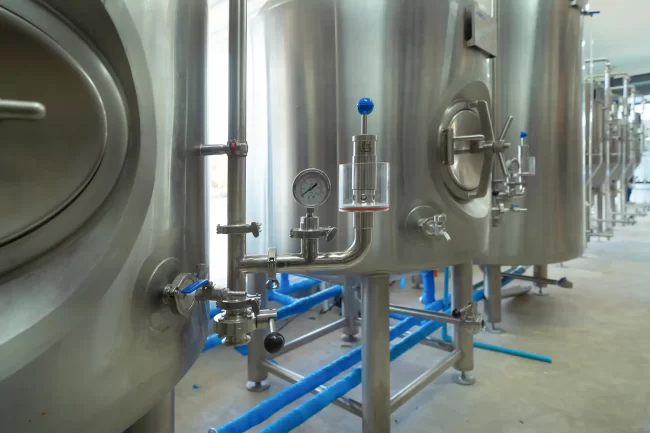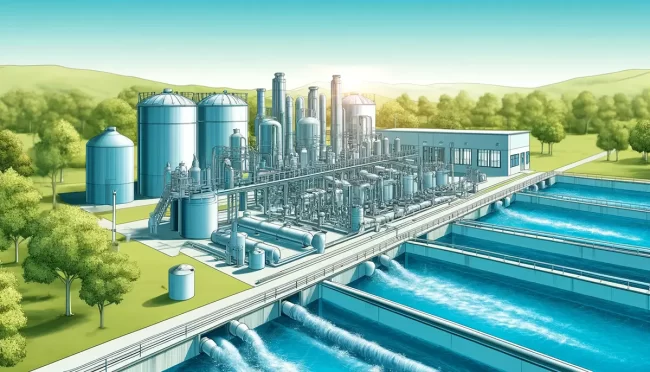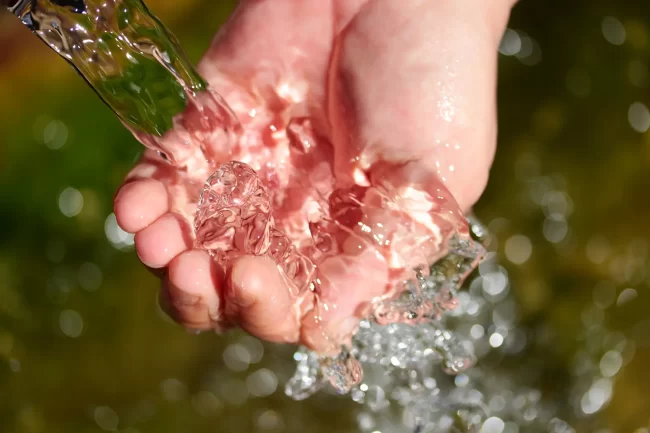A Solution to E. Coli Risks in Food Preparation Facilities
In the wake of recent events in the United Kingdom, where an outbreak of E. coli was linked to contaminated salad leaves in pre-packed sandwiches, wraps, and salads, the importance of stringent hygiene practices in food preparation has never been more evident. This incident, which affected over 200 people and resulted in numerous hospitalisations, underscores…









